Legacy news orgs dump their podcast strategies
Know what’s the worst part of being a podcast consultant? Everyone thinks they know what they’re doing.
Talented people and companies see the buzz around podcasting, want a piece of the action, and jump into the FOMO-fueled gold rush that’s built over the past seven years.
Legacy television, print, and radio news organizations fall into a predictable pattern: They look at podcasting and see a possible additional route forward through this era of disruption. They hire an executive producer, a head of audio, or some other impressive and official-sounding title (often someone with a track record as a creator, but zero experience as an executive or strategic leader), throw them a seemingly impressive headcount and budget, and then sit back and wait for their version of The Daily, Radiolab, or Serial to magically emerge from their new team.
Almost every major news organization has followed some version of the above, but how many are succeeding with this strategy? Almost none — and even those with some flashes of success aren’t doing it systematically or consistently.
For several years, a mixture of denial and deep optimism have kept up the facade. News outlet leaders believe that, since others are perceived to have success with podcasting, their payoff must be right around the corner. They see news of multimillion-dollar acquisitions and distribution deals, or derivative rights deals with major stars attached, and believe theirs will happen…soon.
But I believe that 2022 is going to be the year that changes. Remember all those pivots to video? The same thing will happen to podcasting: a lot of thrashing around meant to replace one magic-bullet podcasting strategy with another.
Some organizations will effectively exit podcasting; others will reboot; some will even double down and increase their investments. None of it will really make a difference unless they change one thing: They need to dump revenue-based metrics as their primary goals.
To be clear, there’s nothing wrong with revenue. Businesses exist to make a profit, and nonprofits exist to generate service without losing money. Revenue is necessary for both. But in the “you are what you measure” world, the worst way to achieve success in podcast revenue is to make revenue your primary goal.
The most important lesson I offer to companies about podcasting is that every single podcast that you’d deem “a success” became successful by focusing on audience building. People who will be successful in the future will be those who worry about using podcasting to build and deepen relationships, first and foremost.
A primary focus on revenue leads to a lot of problems, and then some stupid solutions to those problems, often trying to squeeze more out of an already underperforming portfolio, reducing investment, and making the whole thing a lot less fun for the company, creators, and the audience.
When you focus your primary goal on audience building, you create a number of problems, too. But those are great problems to have: How do I monetize all this listening? How do I manage collaboration and partnership opportunities? How do I set up subscription opportunities? How do I engage with all these people?
Most importantly, focusing on audience helps address the big mistake that almost every legacy media organization makes when they stand up a podcast group: They make big investments in production, but put almost no resources into ongoing audience engagement, social media, or other means to build a community around what they create.
Revenue comes from having an audience, so the key to revenue growth is audience growth. Focus on the audience and the money will follow.
This coming year, I believe a lot of bean-counters will look at what their legacy orgs are investing in podcasting, look at what return that investment is generating, and raise the flag that something needs to change. And they’ll be right.
But moments like this shouldn’t be feared. They are an opportunity to take stock, learn from early experiences, and reboot in a way that sets the podcast team up for success. If that happens, then Podcast Strategy 2.0 (or 3.0, or 6.0) will feel like a step forward toward an exciting future.
Eric Nuzum is cofounder of the production and creative consulting company Magnificent Noise.

Know what’s the worst part of being a podcast consultant? Everyone thinks they know what they’re doing.
Talented people and companies see the buzz around podcasting, want a piece of the action, and jump into the FOMO-fueled gold rush that’s built over the past seven years.
Legacy television, print, and radio news organizations fall into a predictable pattern: They look at podcasting and see a possible additional route forward through this era of disruption. They hire an executive producer, a head of audio, or some other impressive and official-sounding title (often someone with a track record as a creator, but zero experience as an executive or strategic leader), throw them a seemingly impressive headcount and budget, and then sit back and wait for their version of The Daily, Radiolab, or Serial to magically emerge from their new team.
Almost every major news organization has followed some version of the above, but how many are succeeding with this strategy? Almost none — and even those with some flashes of success aren’t doing it systematically or consistently.
For several years, a mixture of denial and deep optimism have kept up the facade. News outlet leaders believe that, since others are perceived to have success with podcasting, their payoff must be right around the corner. They see news of multimillion-dollar acquisitions and distribution deals, or derivative rights deals with major stars attached, and believe theirs will happen…soon.
But I believe that 2022 is going to be the year that changes. Remember all those pivots to video? The same thing will happen to podcasting: a lot of thrashing around meant to replace one magic-bullet podcasting strategy with another.
Some organizations will effectively exit podcasting; others will reboot; some will even double down and increase their investments. None of it will really make a difference unless they change one thing: They need to dump revenue-based metrics as their primary goals.
To be clear, there’s nothing wrong with revenue. Businesses exist to make a profit, and nonprofits exist to generate service without losing money. Revenue is necessary for both. But in the “you are what you measure” world, the worst way to achieve success in podcast revenue is to make revenue your primary goal.
The most important lesson I offer to companies about podcasting is that every single podcast that you’d deem “a success” became successful by focusing on audience building. People who will be successful in the future will be those who worry about using podcasting to build and deepen relationships, first and foremost.
A primary focus on revenue leads to a lot of problems, and then some stupid solutions to those problems, often trying to squeeze more out of an already underperforming portfolio, reducing investment, and making the whole thing a lot less fun for the company, creators, and the audience.
When you focus your primary goal on audience building, you create a number of problems, too. But those are great problems to have: How do I monetize all this listening? How do I manage collaboration and partnership opportunities? How do I set up subscription opportunities? How do I engage with all these people?
Most importantly, focusing on audience helps address the big mistake that almost every legacy media organization makes when they stand up a podcast group: They make big investments in production, but put almost no resources into ongoing audience engagement, social media, or other means to build a community around what they create.
Revenue comes from having an audience, so the key to revenue growth is audience growth. Focus on the audience and the money will follow.
This coming year, I believe a lot of bean-counters will look at what their legacy orgs are investing in podcasting, look at what return that investment is generating, and raise the flag that something needs to change. And they’ll be right.
But moments like this shouldn’t be feared. They are an opportunity to take stock, learn from early experiences, and reboot in a way that sets the podcast team up for success. If that happens, then Podcast Strategy 2.0 (or 3.0, or 6.0) will feel like a step forward toward an exciting future.
Eric Nuzum is cofounder of the production and creative consulting company Magnificent Noise.
Rachel Glickhouse

Brian Moritz

Janelle Salanga

Joni Deutsch
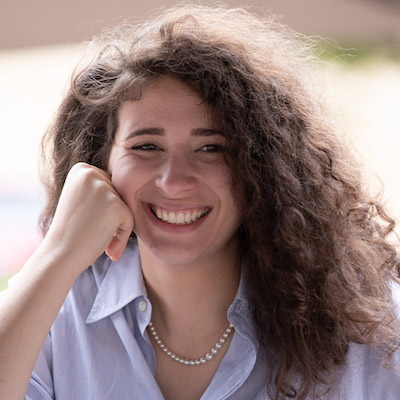
Mike Rispoli
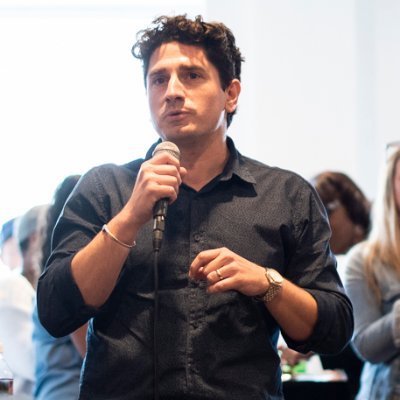
Anika Anand

AX Mina

Mandy Jenkins

Megan McCarthy

Wilson Liévano
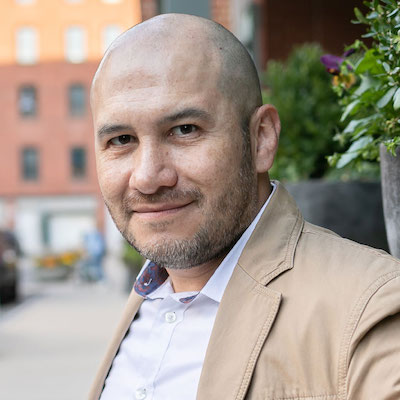
James Green

David Skok
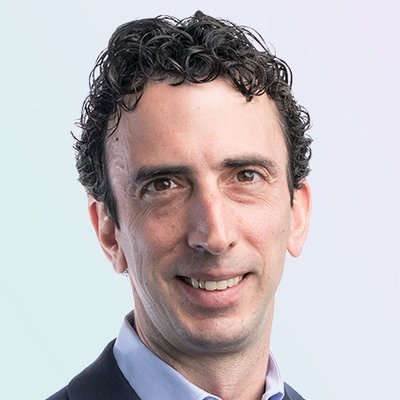
Christina Shih

Andrew Freedman

Kristen Jeffers
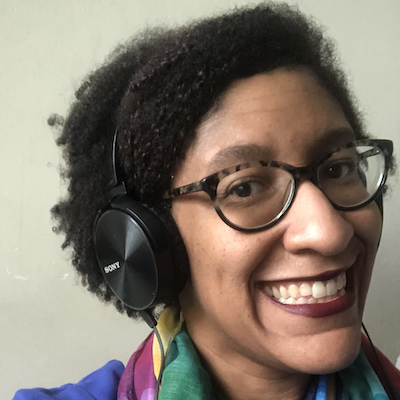
Francesco Zaffarano
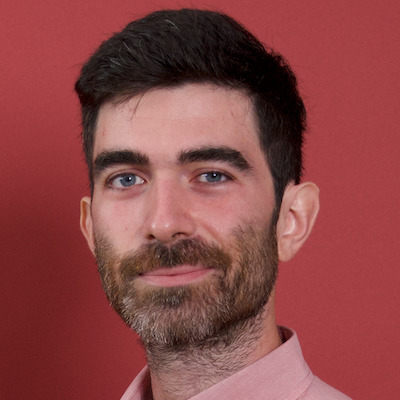
Paul Cheung

Matthew Pressman

Jesse Holcomb
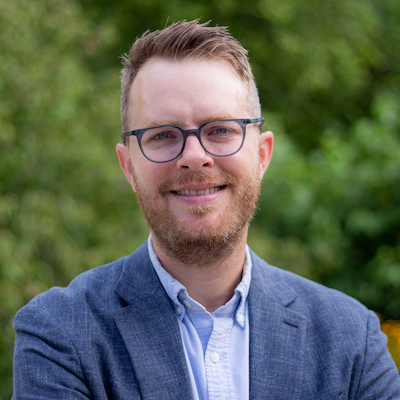
Eric Nuzum

Candace Amos
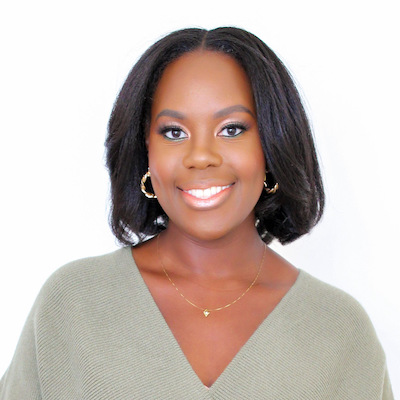
Sarah Stonbely

Joy Mayer

Daniel Eilemberg

Don Day

Whitney Phillips

Catalina Albeanu

Alice Antheaume
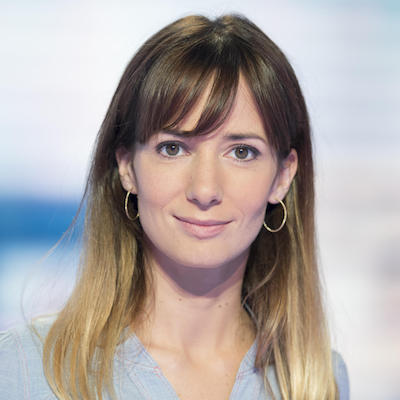
Gabe Schneider

Jennifer Brandel

Stephen Fowler

Julia Munslow

Kerri Hoffman
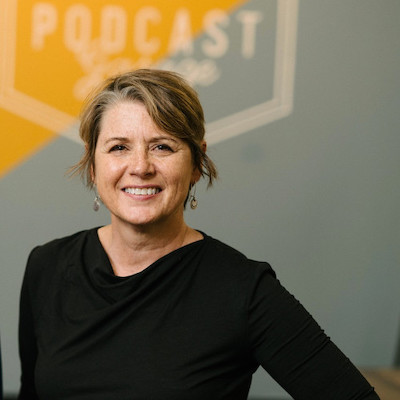
Nikki Usher

Doris Truong
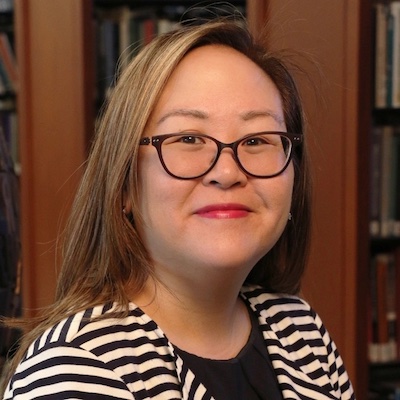
S. Mitra Kalita
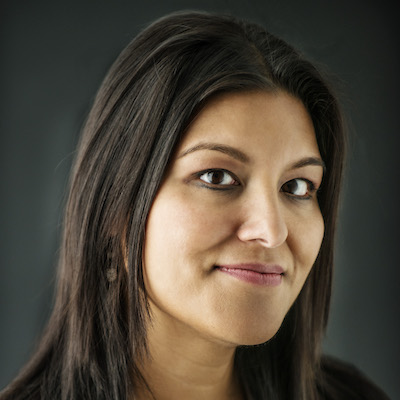
Melody Kramer

Zizi Papacharissi
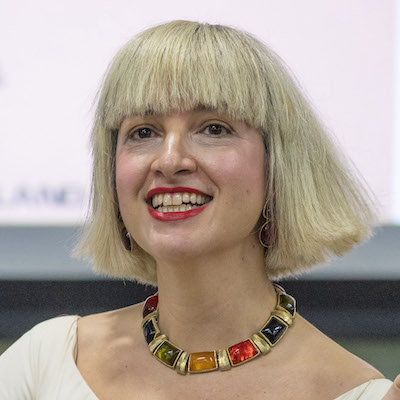
Sam Guzik

Michael W. Wagner

Matt DeRienzo
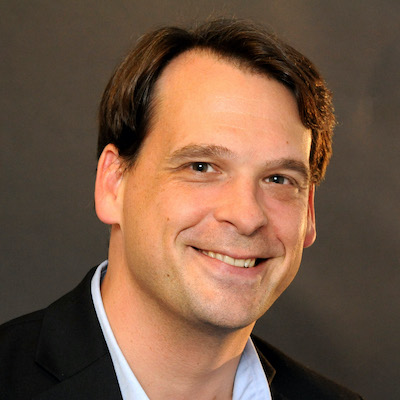
Joshua P. Darr
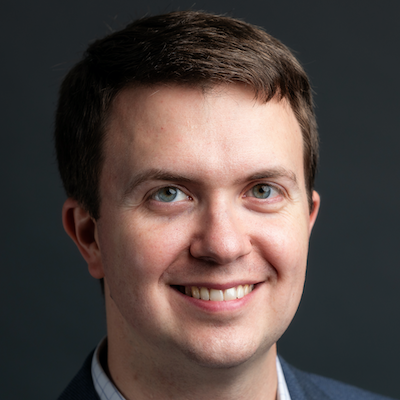
Larry Ryckman

j. Siguru Wahutu
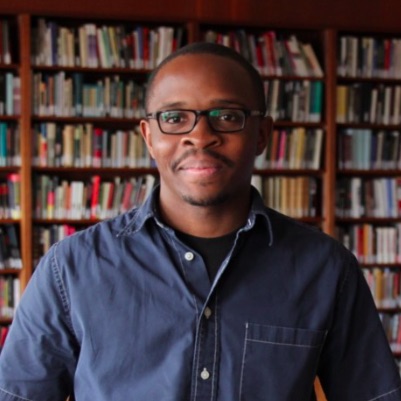
Chicas Poderosas

Mario García
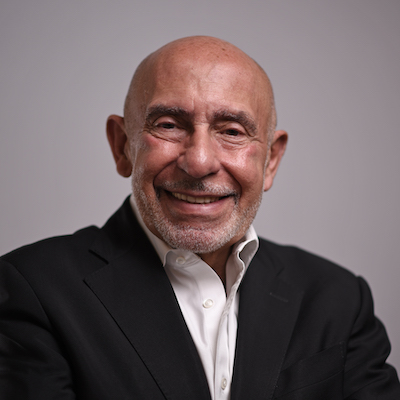
Mary Walter-Brown

Kendra Pierre-Louis

Tamar Charney
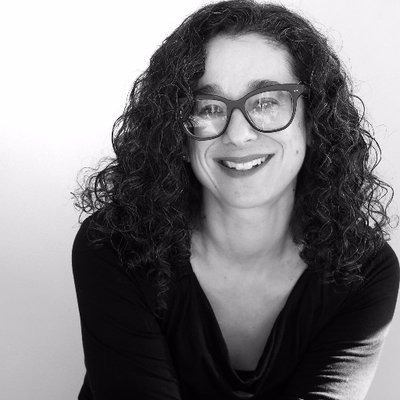
Kristen Muller
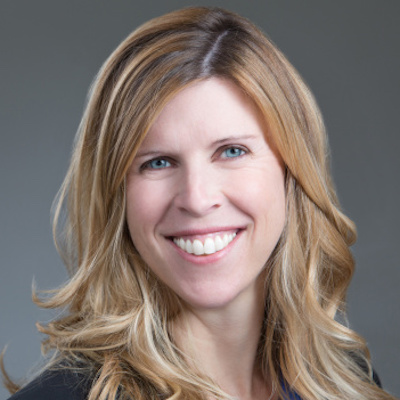
Joe Amditis

Ariel Zirulnick
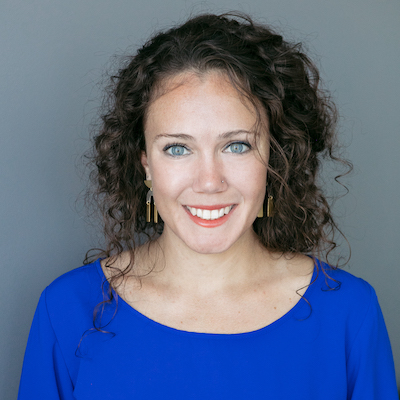
Rasmus Kleis Nielsen

Jessica Clark

Raney Aronson-Rath
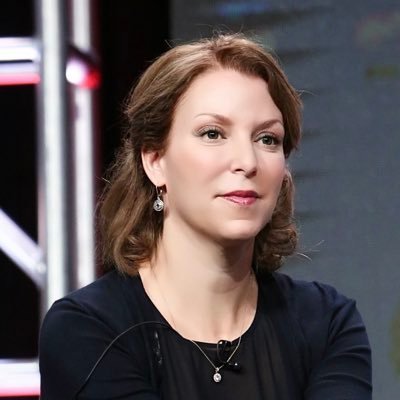
Christoph Mergerson
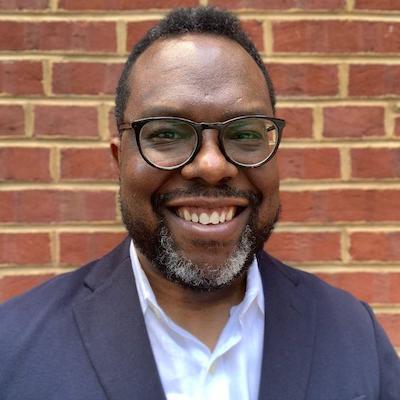
John Davidow

Richard Tofel

Stefanie Murray

Chase Davis

Julia Angwin
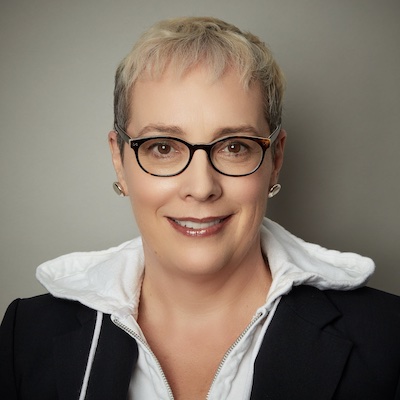
Gordon Crovitz

Sarah Marshall

Jennifer Coogan
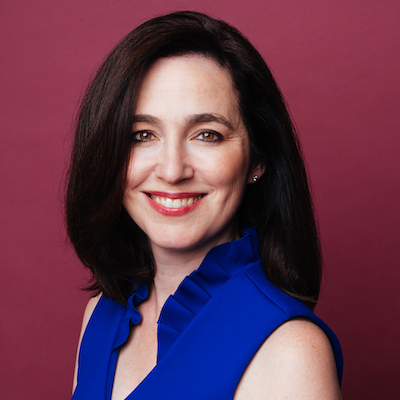
Simon Allison

Laxmi Parthasarathy
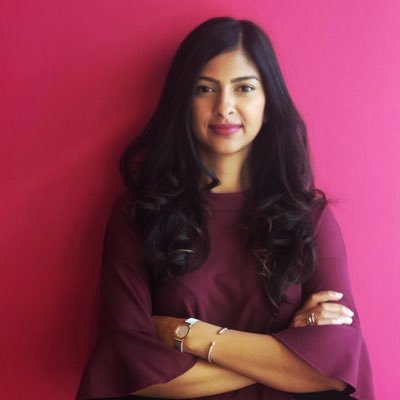
Shalabh Upadhyay
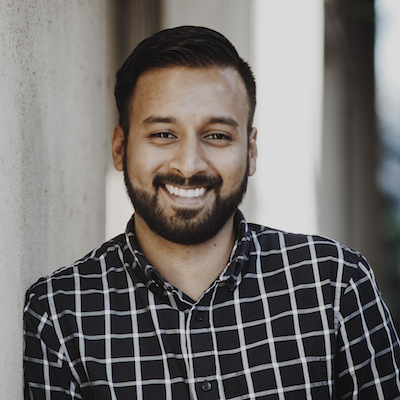
Amy Schmitz Weiss
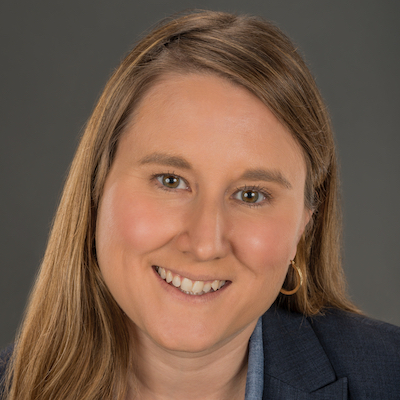
Jonas Kaiser

Cherian George
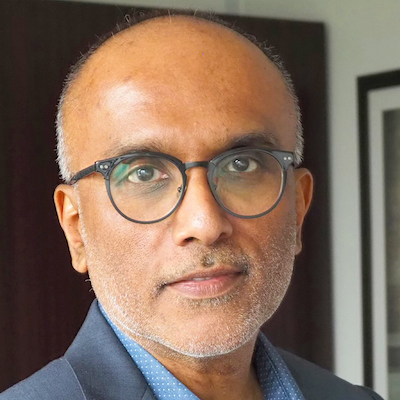
Matt Karolian
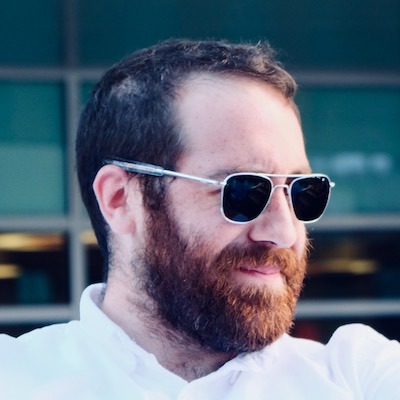
Tony Baranowski
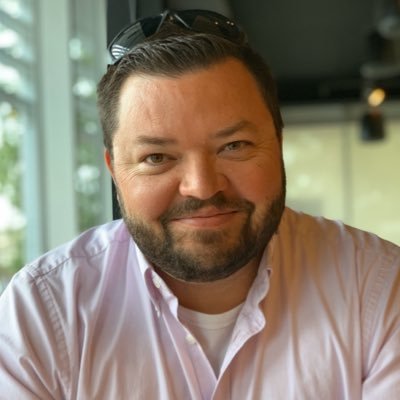
Victor Pickard

Parker Molloy

Jesenia De Moya Correa
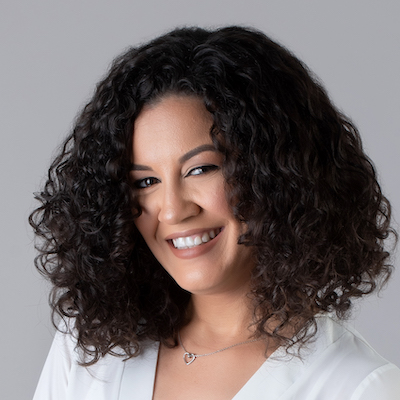
Errin Haines

Robert Hernandez
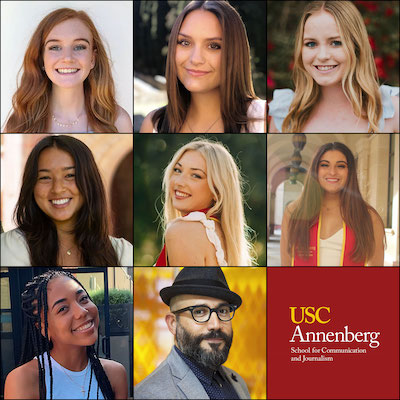
Meena Thiruvengadam
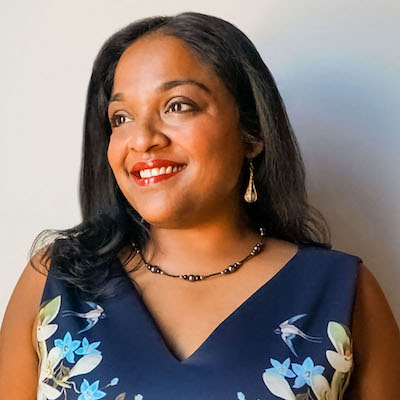
Ståle Grut

Burt Herman
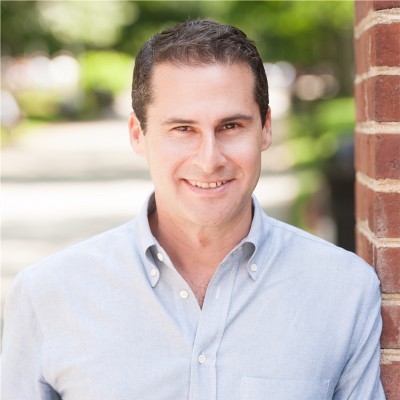
Natalia Viana
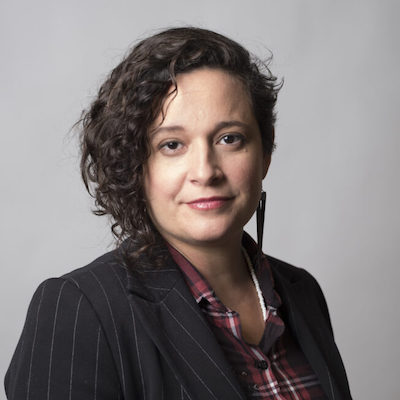
Amara Aguilar

Izabella Kaminska
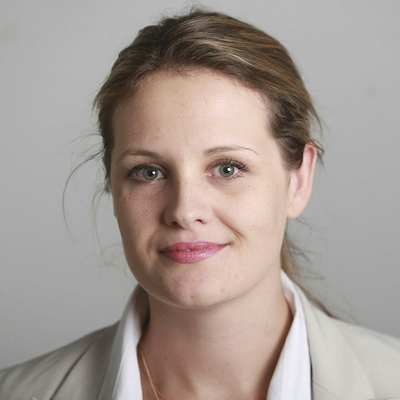
Millie Tran
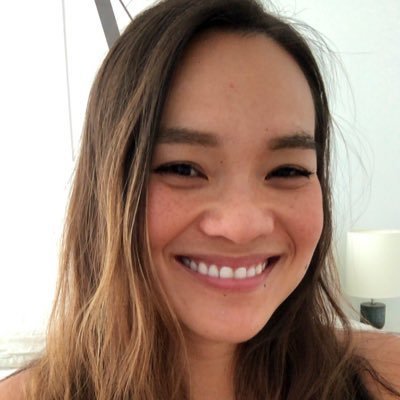
Jim Friedlich
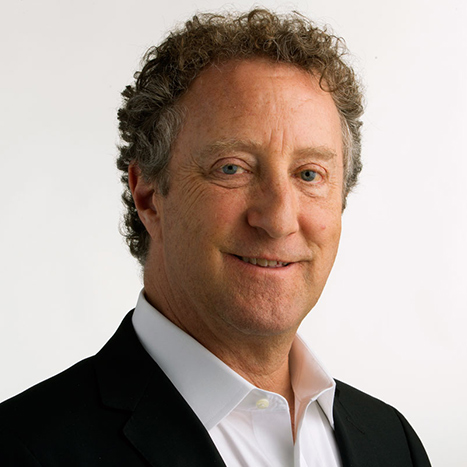
Jody Brannon

Gonzalo del Peon

Anita Varma
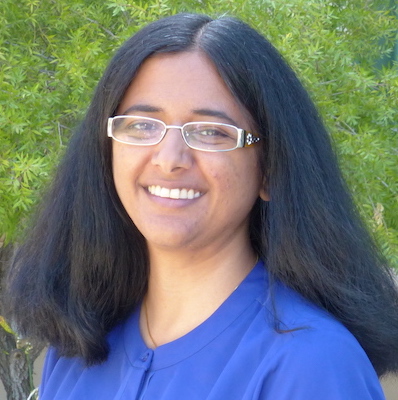
Simon Galperin

Cristina Tardáguila
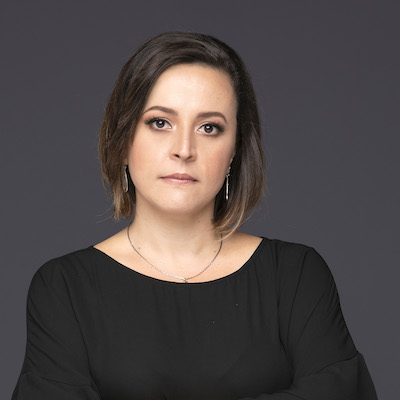
Shannon McGregor Carolyn Schmitt

Anthony Nadler

Kathleen Searles Rebekah Trumble

Moreno Cruz Osório

Juleyka Lantigua

Tom Trewinnard
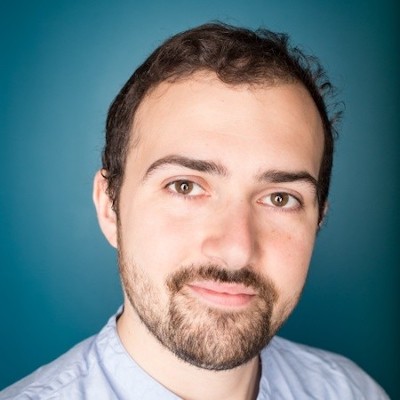
David Cohn

Joanne McNeil

A.J. Bauer

Cindy Royal
